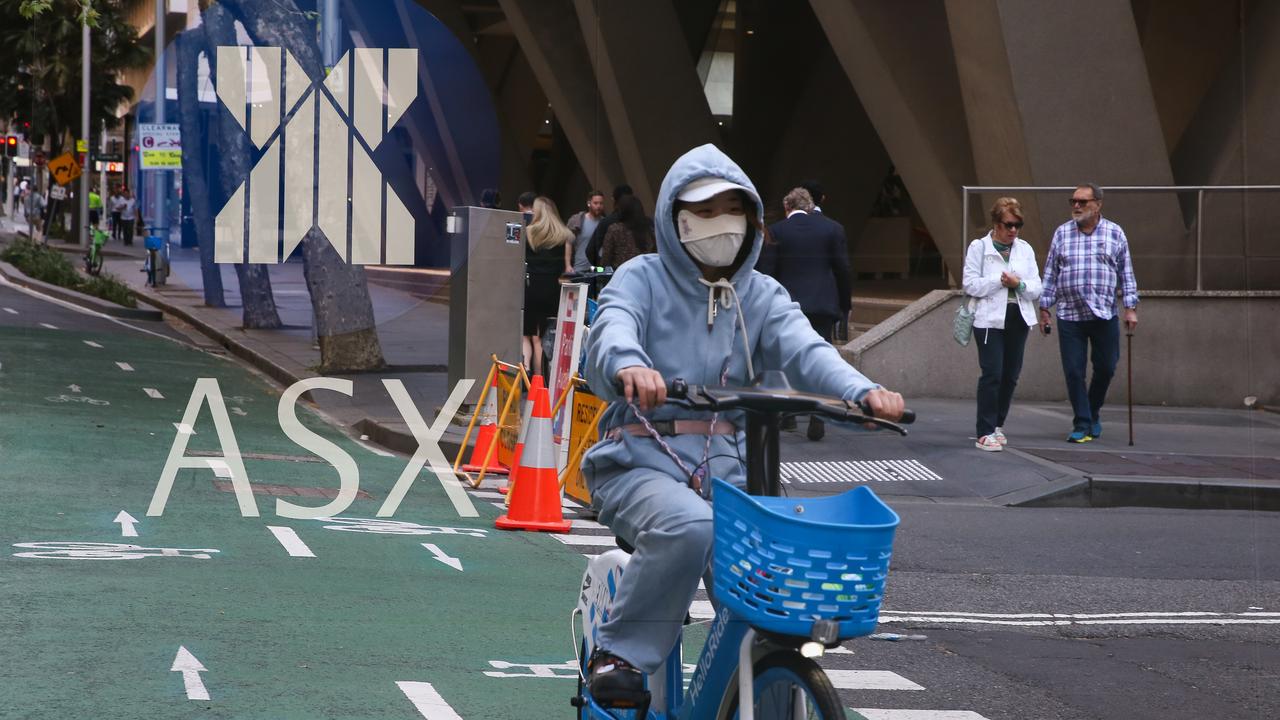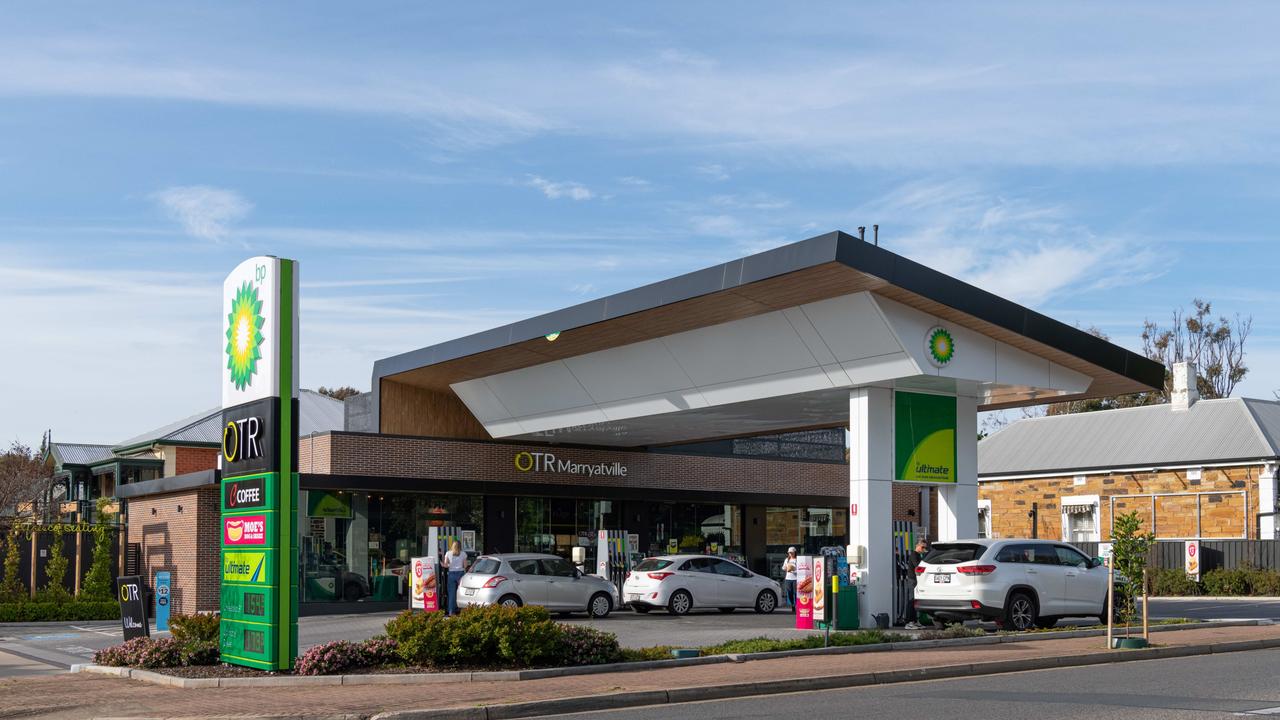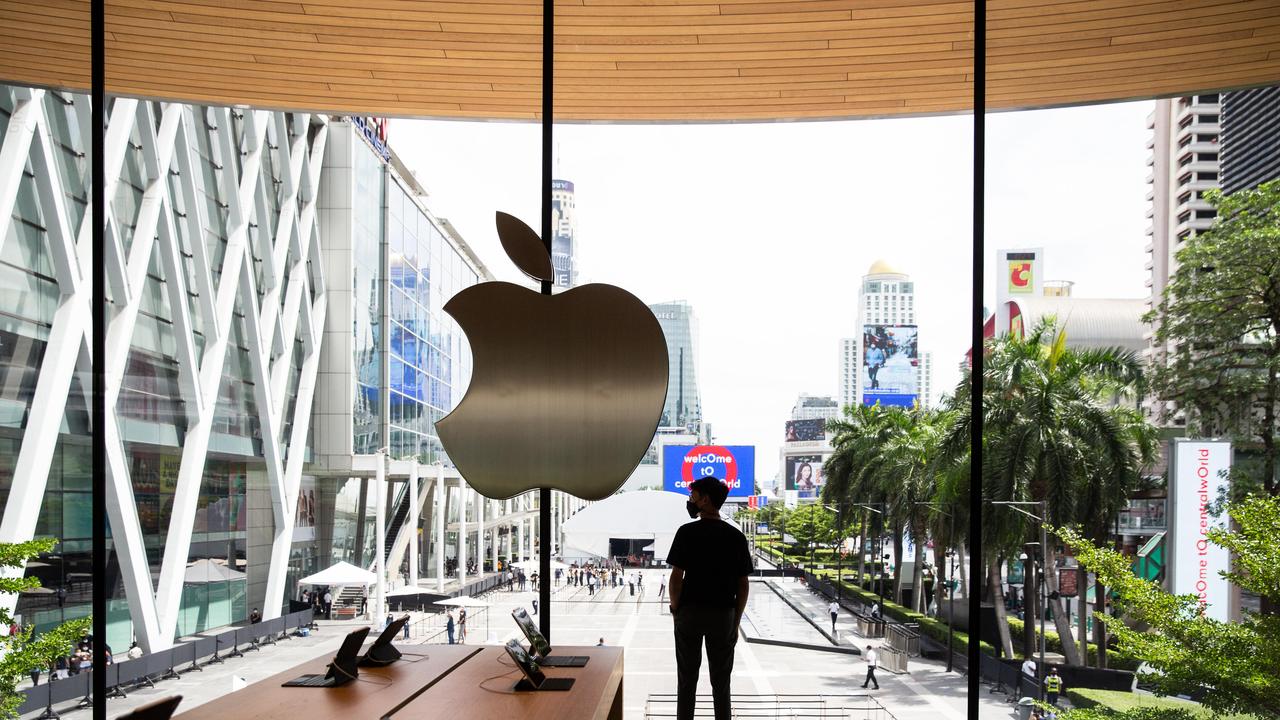What Macca’s and KFC can tell us about Covid food shortages
Forget supermarkets, when fast food players start pulling nuggets, fillets and burgers from their menu that’s when it is time to get worried.
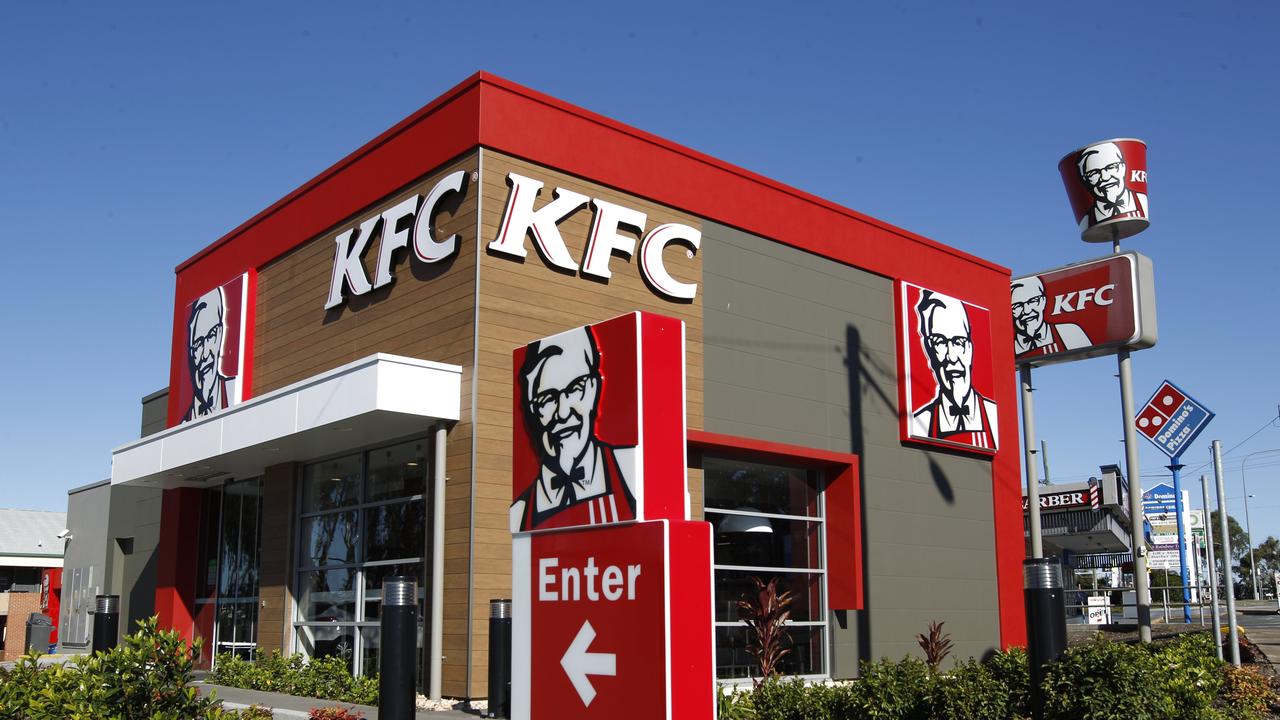
Business
Don't miss out on the headlines from Business. Followed categories will be added to My News.
Forget shortages in supermarkets, when thousands of fast food outlets start pulling nuggets, fillets and burgers from their menus that’s when it is time to worry.
For now players including McDonald’s, Hungry Jack’s and Domino’s Pizza are confident they can operate on a business as usual basis despite the Omicron spread shredding parts of the nation’s supply chain. But many concede the next two weeks will be critical.
KFC has already started to experience some shortages given suppliers such as Inghams are now operating at a fraction of capacity, meaning some of its restaurants are unable to offer a full menu of fried chicken.
“We’re working with our multiple suppliers to mitigate the impact and provide them with support, but we expect some disruptions to continue in the coming weeks,” a spokesman for KFC owner Collins Foods said.
Fast food operators prefer to use the term “quick service restaurants” and they rely on huge volumes of food delivered fresh daily across the country.
And given the high velocity of sales, fast food mostly operates under “just in time” rules which mean there is little room for error in delivery schedules.
Several major fast food franchise operators were understood to be seeking talks with Inghams on Tuesday – one of the sector’s biggest suppliers – following the chicken processor’s warning that it was experiencing “disrupted production” and distribution pressures due to Covid fallout.
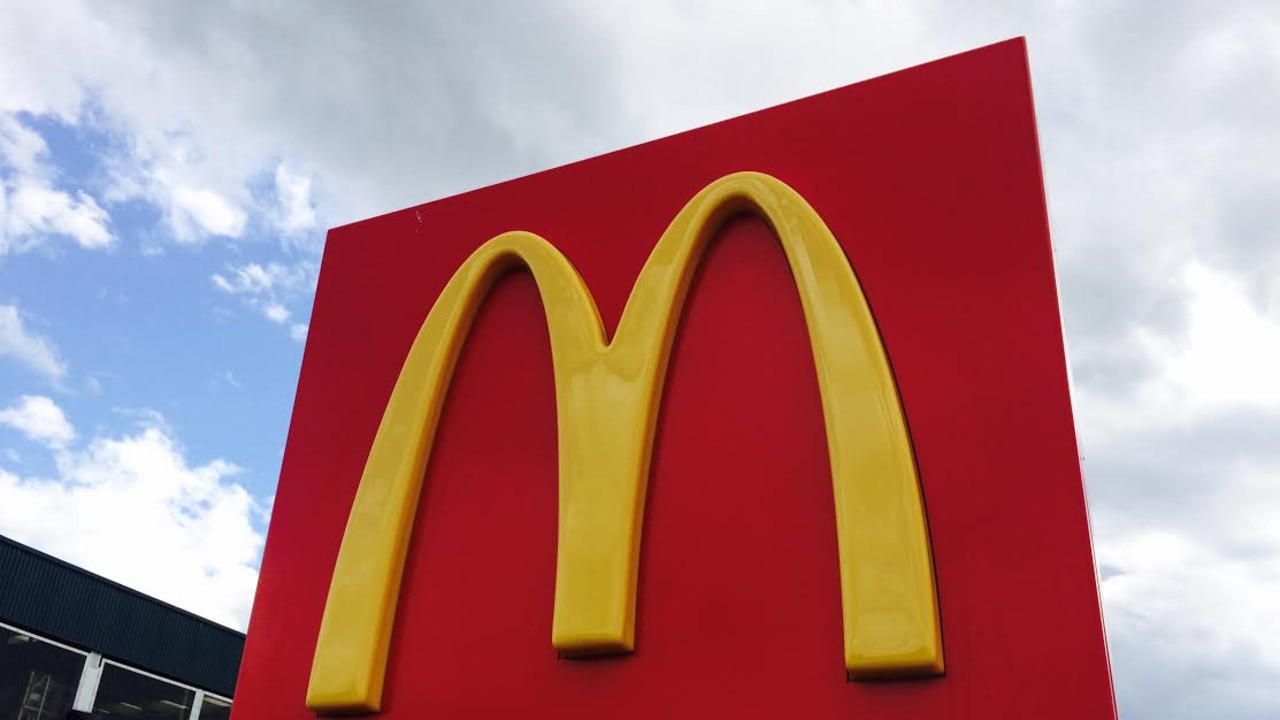
Ingham’s Group chief Andrew Reeve said many of his employees were being forced to isolate at home due to either contracting Covid in the community or as a result of being close contacts. This had resulted in volume changes “and the temporary suspension of a number of Inghams products”.
Ingham’s shares fell 6 per cent on Tuesday, and Collins Foods was off 3.5 per cent.
The Ingham’s warning followed the Australian Chicken Meat Federation this week saying that processing facilities were operating at just 15 to 40 per cent of the required staff.
Deputy Prime Minister Barnaby Joyce helpfully pointed out that Australia did not have a food shortage problem, but a supply chain problem. However you describe it, if the food can’t make it to the destination it then becomes a shortage problem for the retailer and customer.
Fast-spreading Covid infections and forced isolation have hit the meat processing industry hard. When the pandemic initially hit Australia nearly two years ago it became clear the cold temperatures and close working conditions of the meat boners were a haven for spreading the virus, and the rapid spread of the Omicron variant has added to complexity.
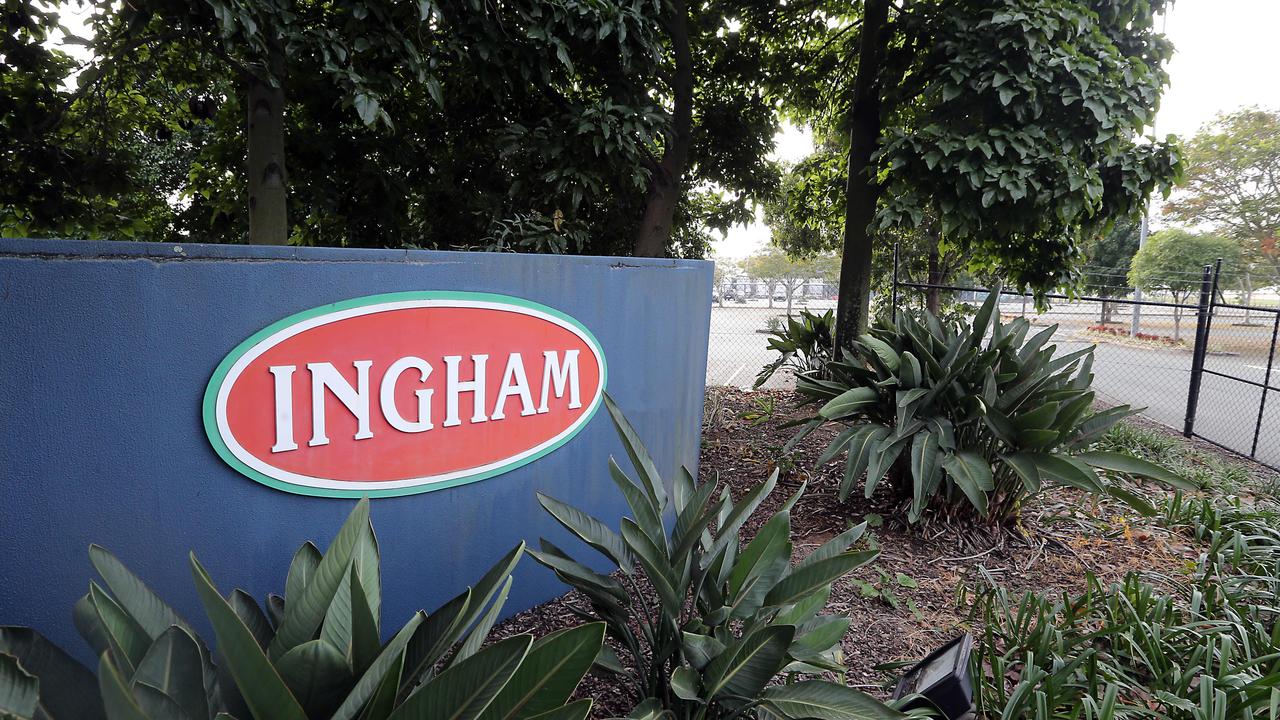
While NSW and Victoria have been the hardest hit by the outbreak, Inghams is finding it difficult to have plants in other states pick up the extra capacity because of the national spread of the virus.
Procurement teams across the fast-food sector are working overtime sourcing food, but it understood the suppliers will opt to cut back on other parts of the business to ensure orders with fast food operators are fulfilled.
As well as being among their biggest customers, quick service restaurants don’t regularly undertake discounting which cuts into the profit margins of suppliers like Ingham’s.
At the same time an operator like Ingham’s can divert production on frozen food, which has a longer shelf life, to focus resources on fresh food. The company indicated this on Tuesday when it flagged product mix would be one of the levers it was pulling.
One major fast food operator said that even with Inghams’ headaches not all supply chain squeezes are the same. This means that problems in Victoria don’t necessarily mean problems for food outlets in Queensland.
Pizza giant Domino’s which is also listed on the ASX has felt some pockets of staffing shortages in recent weeks, and while it is feeling a supply squeeze in parts of its business, a spokeswoman said “these delays are not impacting our menu or customers at this point in time”.
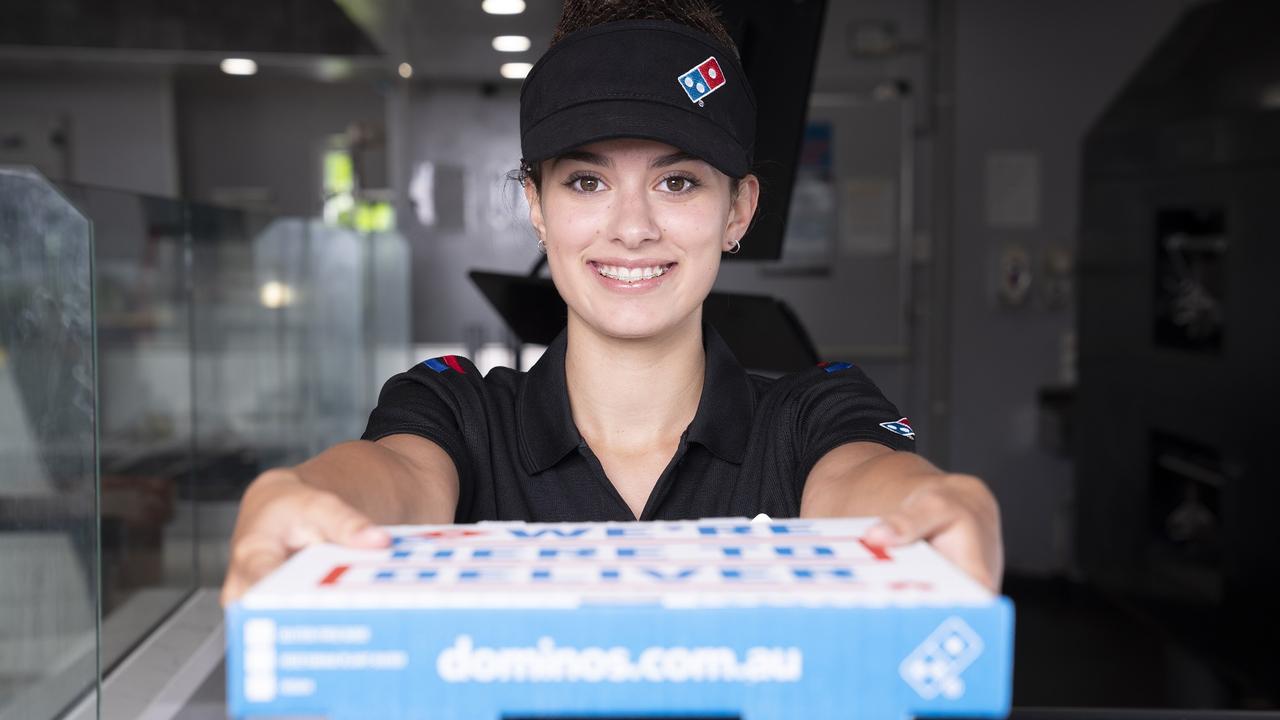
McDonald’s Australia, which oversees 980 restaurants across the country, said it had been carefully managing its supply chain, adding most of its product was sourced from Australia.
“We continue to work closely with our strong network of long- term suppliers, farmers and producers throughout the pandemic,” a McDonald’s spokeswoman said.
Hungry Jack’s said it was able to “sustain restaurant operations and delivery”. The private equity-backed Craveable Brands, which operates Red Rooster and Oporto, said it was still offering a full chicken menu in Australia.
“Like so many other food providers across Australia, our supply chain is currently experiencing pressures unlike anything we have experienced before,” a spokeswoman said.
“However we are fortunate to have established, robust and long- term partnerships with our supply partners who are enabling us to continue to provide our restaurants with the supplies they need.”
national cabinet is on Thursday expected to endorse a relaxation of Covid isolation requirements for workers in critical industries such as food processing, production and distribution. While this will go some way to alleviating the squeeze, the Covid spread in the sector remains a real factor for worker and transport shortages. So keep watching that menu for any warning signs.
johnstone@theaustralian.com.au





